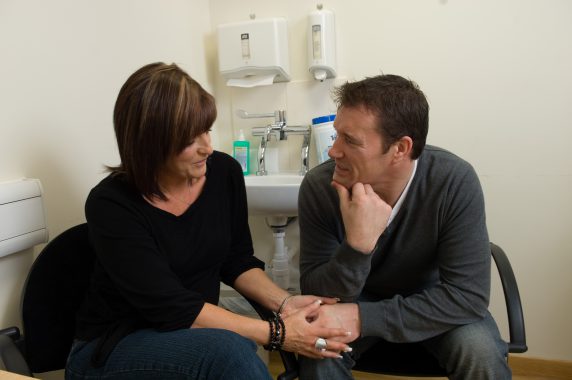NICE is going to create a second draft of its adult depression guidelines and then re-consult stakeholders for a third time, the body has announced.
In a statement released today, NICE said that new draft guidelines will be produced for stakeholders to comment on, after it admitted that the ‘evidence base’ used to create the previous draft recommendations ‘needs updating’.
This announcement means that the final adult depression guidelines will come nearly two years after initially intended.
GP leaders said that it is an ‘uncertain time’ for GPs dealing with depression in patients.
Experts wrote to NICE chair David Haslam in November 2017, to formally request a second consultation on the original draft recommendations, ahead of the planned release in January 2018.
The expert group, which included GPs and mental health leaders, said that the guidelines were ‘not-fit-for-purpose’, raised concerns about the ‘flawed’ methodology and out-of-date evidence used to create the recommendations, and warned that without a second consultation the guidelines would ‘seriously impede’ patient care and choice.
NICE didn’t immediately agree with the criticisms, but did agree to first delay the release of recommendations, and later agreed to launch a second consultation.
The body announced today that, following this consultation, it accepts the experts’ criticism and now needs to develop a whole new set of draft recommendations for a further consultation.
NICE explained that ‘in response to consultation feedback and the views of the NICE committee, NICE has decided to re-run the evidence searches to include the most up-to-date research on the management of depression in adults’.
It said that additional work will start in December 2018 with final publication of the guideline due in December 2019, nearly two years after the planned release of January 2018.
NICE director of the centre for guidelines Paul Chrisp said: ‘In July 2018, the committee met and concluded that the current evidence base needs updating to include research from July 2016 onwards. NICE agrees.
‘It is important that the final recommendations are based on the most up-to-date evidence possible. In addition to updating the existing evidence reviews, we will include new work on patient choice and a focus on shared decision making.
‘We hope the final guideline will allow people with depression to be offered the best treatments and reach joint decisions about their care that reflect their preferences and values.’
BMA GP Committee clinical and prescribing policy lead Dr Andrew Green said: ‘It is currently an uncertain time for GPs dealing with depressed patients due to the plethora of initiatives going on, including not only this NICE consultation but also the review from Public Health England on drugs associated with dependence and withdrawal.
‘Opinions tend to be polarised and as ever the truth will lie somewhere between the two extremes. Individual GPs can protect themselves by carefully noting discussions with patients, respecting patients’ wishes, and ensuring adequate clinical review.’

















